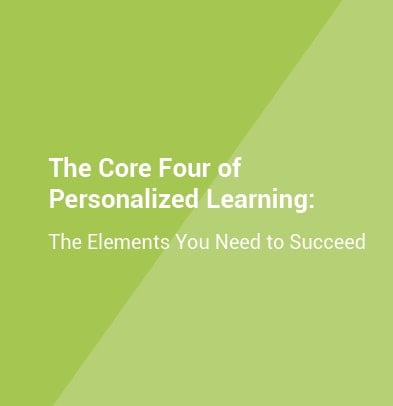Education Elements Newsroom
s we reboot, rethink, and reassess our values in the first couple of months of 2017, I'd like to reflect on what this year will mean for education. In the months to come, we will face substantial shifts resulting from the elections of the past year, which not only brought us new politicians, but also demonstrated a deep division between the perceptions of the coastal cities and the rest of the country. As the CEO of a personalized-learning company, Education Elements, I use this time of reflection to consider what changes and shifts are afoot for our districts partners. For education as a whole, there are five major changes that I predict 2017 will bring:
Share
Over the last fifteen years, I have been directly involved in supporting a diverse mix of charters, virtual schools, and public school districts. All of it with a lens around expanding opportunities around choice, voice, path and place to create the best possible outcome for those our decisions impact most: the students. My work has exposed me to philanthropy, non-profit policy organizations, public schools, charter networks, and state departments of education where I have seen both success and failure when change was not implemented correctly.
Share

This white paper includes a framework, actionable ideas and insights from districts who have successfully implemented personalized learning, to help you get started.
King’s appointment as acting Secretary of Education, may signal greater support to superintendents in developing a shared understanding and changing mindsets across their leadership, teachers and community.
Share
Like many in the education world, I was excited to read the recent announcement by Mark Zuckerberg and Priscilla Chan regarding their significant investment in personalized learning. From working in the edtech space for many years, I’ve observed not only the general tendency to under-invest in what should be considered the most important industry in our country (K-12 education), but also that poorly invested money in edtech fails to produce the intended outcomes.
Share
No gymnasiums, no cafeterias and no administrators. That’s school policy at AltSchools, a chain of private, for-profit schools backed by the likes of Andreessen Horowitz and Mark Zuckerberg.
Share